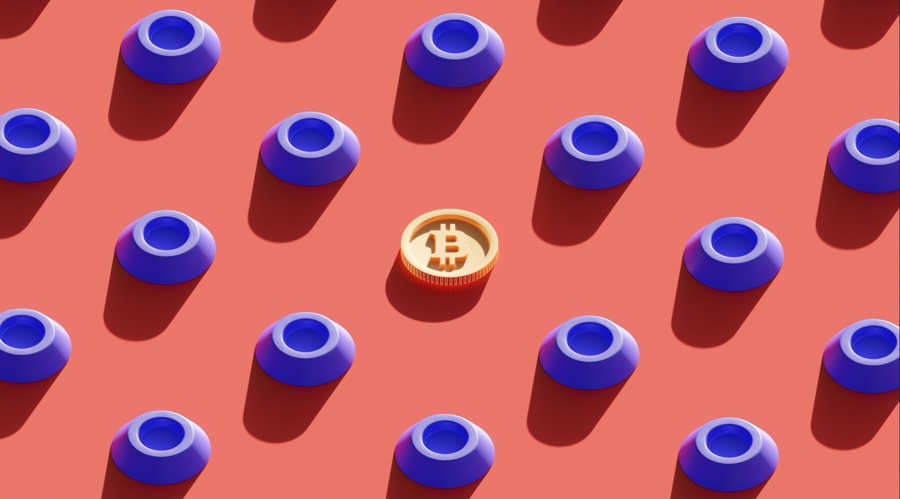Few events have
had the same impact as the demise of Mt. Gox, the world’s largest Bitcoin
exchange. The 2014 fiasco left hundreds of investors reeling as the exchange
declared bankruptcy amid charges of theft and incompetence, culminating in the
loss of an astounding 850,000 Bitcoins.
Years later, a
complex process of restoration and reparations is begun, giving many who lost
their valuables a glimpse of optimism.
Mt. Gox’s
Rise and Fall
Mt. Gox, which
stands for “Magic: The Gathering Online Exchange,” began as a trading
network for collectible cards. However, its founder, Mark Karpeles, realized
Bitcoin’s potential and converted the exchange into a cryptocurrency trading
hub. Mt. Gox handled more than 70% of all Bitcoin transactions worldwide at its
peak.
Despite its
early success, Mt. Gox had escalating problems, including security breaches and
mismanagement charges. The most severe setback occurred in early 2014, when the
exchange revealed the loss of 850,000 Bitcoins, which were worth around $450 million
at the time. This significant loss resulted in insolvency and a later
bankruptcy petition in Japan.
Mt. Gox
Extends Deadline for Civil Rehabilitation Plan, Leaving Creditors in Limbo
Mt. Gox has
pushed back its civil rehabilitation plan deadline to March 31, 2024, from the
original October 15, 2023. This plan outlines how the remaining assets, which
now hold a substantial value in bitcoin’s surge, will be allocated to creditors
who lost funds during the exchange’s notorious hack, where around 850,000
bitcoins (approximately $450 million at the time) vanished.
The delay is
attributed to legal disputes with some creditors and the complexity of asset
allocation, with many creditors not yet agreeing to the proposed plan. While
interim payments may occur before 2024, uncertainties loom large.
Technical
difficulties emerge in the distribution of bitcoins to creditors worldwide.
Claim submissions and valid bitcoin addresses present hurdles, while some
creditors prefer cash, requiring conversions and transfers.
Bitcoin’s
volatility poses risks, as the repayment plan assumes price stability or
growth. A significant price drop could render assets insufficient to cover
claims, and mass creditor bitcoin selling might affect the market.
The Tokyo
District Court holds the final decision on asset distribution, leaving
creditors waiting for updates amid an enduring Mt. Gox saga.
Rehabilitation
Procedures
Following the
declaration of bankruptcy, Japanese…
























